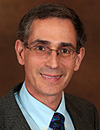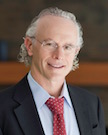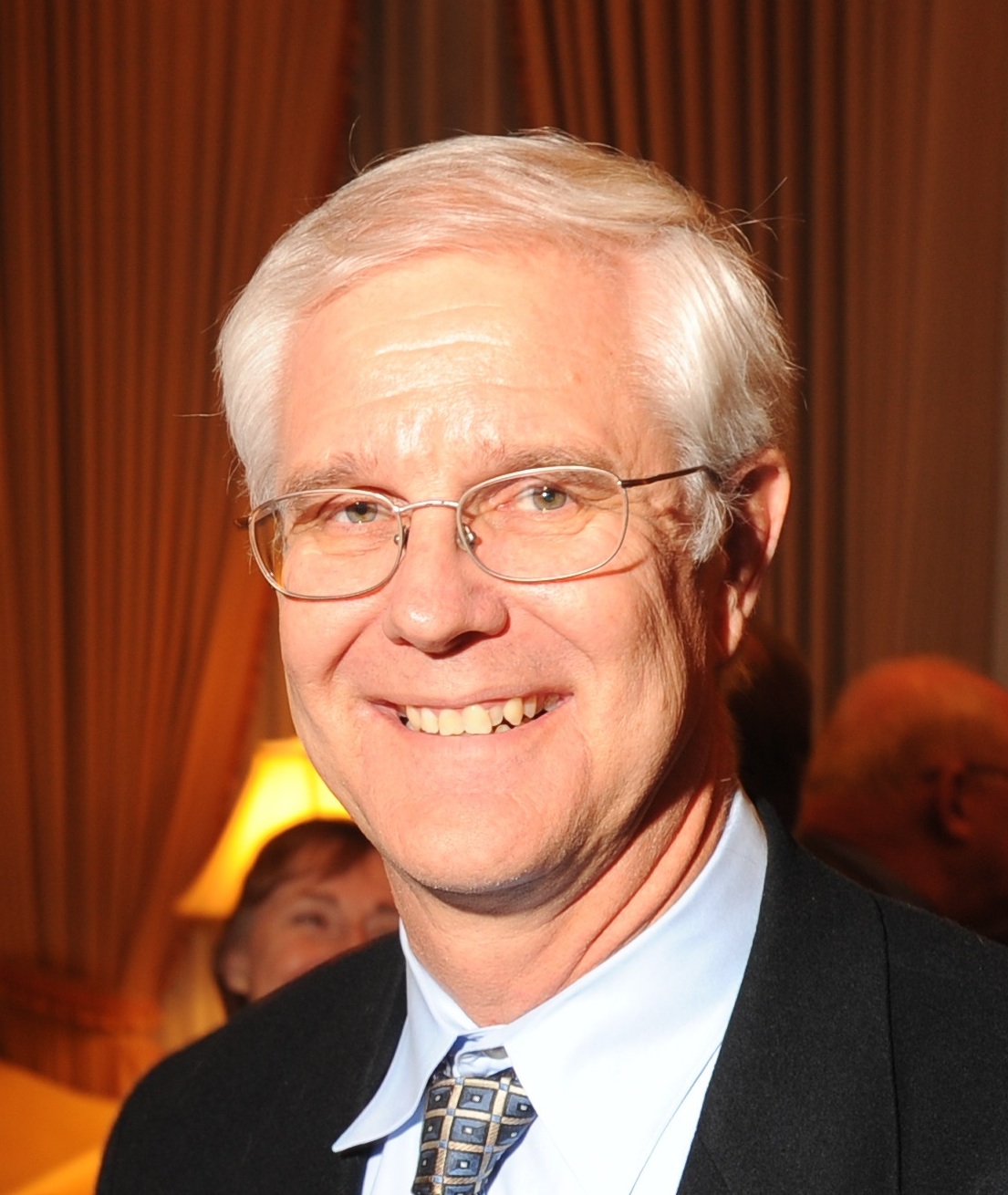| CALTCM Letter to CDPH: CANHR v. Chapman |
|
March 11, 2016 Karen Smith, MD, MPH
Director and State Public Health Officer
California Department of Public Health
PO Box 997377, MS 0500
Sacramento, CA 95899-7377
Dear Dr. Smith: We are writing on behalf of the California Association of Long Term Care Medicine, the state chapter of AMDA—The Society for Post-Acute and Long-Term Care Medicine and California’s organization of skilled nursing facility medical directors, attending physicians, and other post-acute and long-term care professionals. Our members are very concerned about the judgment issued by the Alameda Superior Court in the CANHR v. Chapman case and its far-reaching consequences for some of the most vulnerable individuals requiring skilled nursing services in California. We are requesting that the Department of Public Health appeal this ill-considered decision to avoid significant suffering on the part of one of the most vulnerable segments of the population. We stand with other professional organizations including the CMA, CHA and CAHF in requesting your assistance on this matter. It is estimated that there are thousands, perhaps even 10,000 or more, incapacitated unbefriended nursing home residents in California. For many years, nursing home physicians and interdisciplinary teams have relied on the legislation codified in Health & Safety Code Section 1418.8 (the “Epple Bill”) to permit us to order appropriate, necessary, compassionate and individualized care to these residents. If the Department does not appeal this judgment, these individuals’ ability to continue to receive this medically necessary care will be placed at serious risk, and moreover may become very difficult to place in skilled nursing facilities. As nursing home medical directors, we would advise our facilities in general not to accept such residents under the constraints of this judgment, because we will not be able to provide reliably appropriate care for them. The idea that these residents could avail themselves of Public Guardian’s office is not a viable solution to this problem for a variety of reasons that we are confident you are well aware of. Additionally, the court’s suggestion of the use of Probate Code Section 3200 et seq., for a single medical intervention or course of treatment remains impractical for ongoing care and was a reason that the legislature originally created HSC 1418.8, as was discussed in Rains v. Belshe, the case that originally upheld this law. Moreover, these are medical decisions, not legal decisions, and even if these are forced into the legal system, ultimately medical providers will be called upon and largely drive these legal determinations; though only after substantial unnecessary delay, suffering, and cost. The notion expressed in the Court’s decision that 1418.8 is unconstitutional—i.e., that failure to provide “written notice” that these residents have been found decisionally incapacitated per HSC 1418.8 (also consistent with Probate Code Section 4658) violates their due process—suggests a basic lack of understanding about the status of the great majority of nursing home residents who received treatment under 1418.8 and the concept of incapacity. For these residents, many of whom are cognitively incapacitated by very advanced dementia and are often nonverbal, such an exercise would be a futile travesty. These are patients who cannot remotely comprehend the meaning of a written, or even a simple verbal, “notice” that their physician has deemed them to lack decisional capacity. For many of CALTCM’s members, our biggest concern is that we will not be able to provide appropriate end-of-life care for these unfortunate residents. As you know, dementia is a progressive terminal illness. Tube feeding in dementia patients has been virtually universally found to be non-beneficial and contraindicated (for a summary and some references, refer to the Choosing Wisely website and the lists from AMDA, the American Geriatrics Society, and the American Academy of Hospice and Palliative Medicine: www.choosingwisely.org). With 1418.8 rendered invalid for decisions that involve “withholding of life-sustaining treatment,” this will leave us in the unenviable position of subjecting these residents to “usual” care, which assumes that prolonging life is the primary goal. In other words, these residents will be repeatedly hospitalized, have invasive and painful measures (up to and including CPR) visited upon them, and they will have no ability to comprehend why they are being subjected to these bewildering and painful interventions—nor will we, as conscientious and ethical medical providers as such interventions will only serve to prolong the dying process. While Judge Grillo allowed for the provision of hospice services under 1418.8, it is entirely unclear how hospice services can be provided as most are provided in the nursing home—or what hospice would even consider admitting a patient to their service under these circumstances—if orders cannot be given to withhold life-sustaining treatment. While we as physicians are not obligated to provide medically non-beneficial (previously referred to as “futile”) care, under this ruling it will be difficult for nursing home doctors to provide compassionate care at the end of life for terminal and dying residents who lack a surrogate and lack decisional capacity. While it is clear from the Complaint and supporting documentation in this matter that there have been abuses of 1418.8, these were in our opinion isolated incidents on the part of a few bad players who were apparently violating 1418.8. The law was not the problem there, but rather the individuals using it. Indeed, on the whole the Epple law has provided this very vulnerable group of patients the ability to get appropriate care from conscientious and caring physicians and other long-term care professionals. Most of our members report always having a resident advocate on the interdisciplinary team discussion (or Ethics Committee)—depending on the county and the circumstances, this can be an Ombudsman, a member of the clergy, or a family member of friend of the resident who is willing to participate but does not want to definitively make a decision. Often, two physicians are involved, since these can be decisions of significant import. We will lose the ability to do that. In our opinion, while the 1418.8 process may not be a perfect one, it is a good and practical one, and one that has permitted a great number of these unfortunate individuals to receive appropriate and compassionate care. We truly believe that a great deal of human suffering will result from this ruling if it is not appealed. The thousands of nursing home residents already being cared for under this statute may (and ultimately will, if they don’t have the good fortune to have a sudden death) be uprooted from the places they consider home, and where they, their likes and dislikes, their idiosyncrasies and daily patterns, are known to the caregivers. They will land in hospitals, and facilities will reasonably refuse to take them back because they will be truly unable to meet their needs. Hence they will also often lose the supervision and care of attending physicians who specialize with this population and often have longstanding relationships with these patients. These patients will also cost our system huge amounts of money due to unnecessary and inappropriate hospitalization without any appreciable benefit, which will only serve to cause and prolong suffering. Given the whole generation of Baby Boomers, some of whom meet these criteria, who are hurtling toward incapacity and institutionalization, the suffering caused by the loss of HSC 1418.8 will only increase. We urge the Department in the strongest possible terms to appeal the decision. We believe that additional safeguards can be added to the Epple process via regulations or directives from the Department, or increased action against those who violate the existing provisions of HSC 1418.8. Many, many people will endure otherwise avoidable suffering if the decision is allowed to stand. Sincerely yours, President Secretary Dan Osterweil, MD, FACP, CMD James Mittleberger, MD, MPH, CMD
CEO/ Past-President Immediate Past President
John Fullerton, MD, CMD, FACP, AGSF Michael Wasserman, MD, CMD
Presdient-Elect Chair, Education Committee
Co-Chair, Policy & Prof. Svcs. Committee
Timothy Gieseke, MD, CMD
Vice-President
CC: Jean Iacino, Deputy Director
Karin Schwartz, DPH General Counsel
Melissa Hamill, DPH Staff Counsel |









